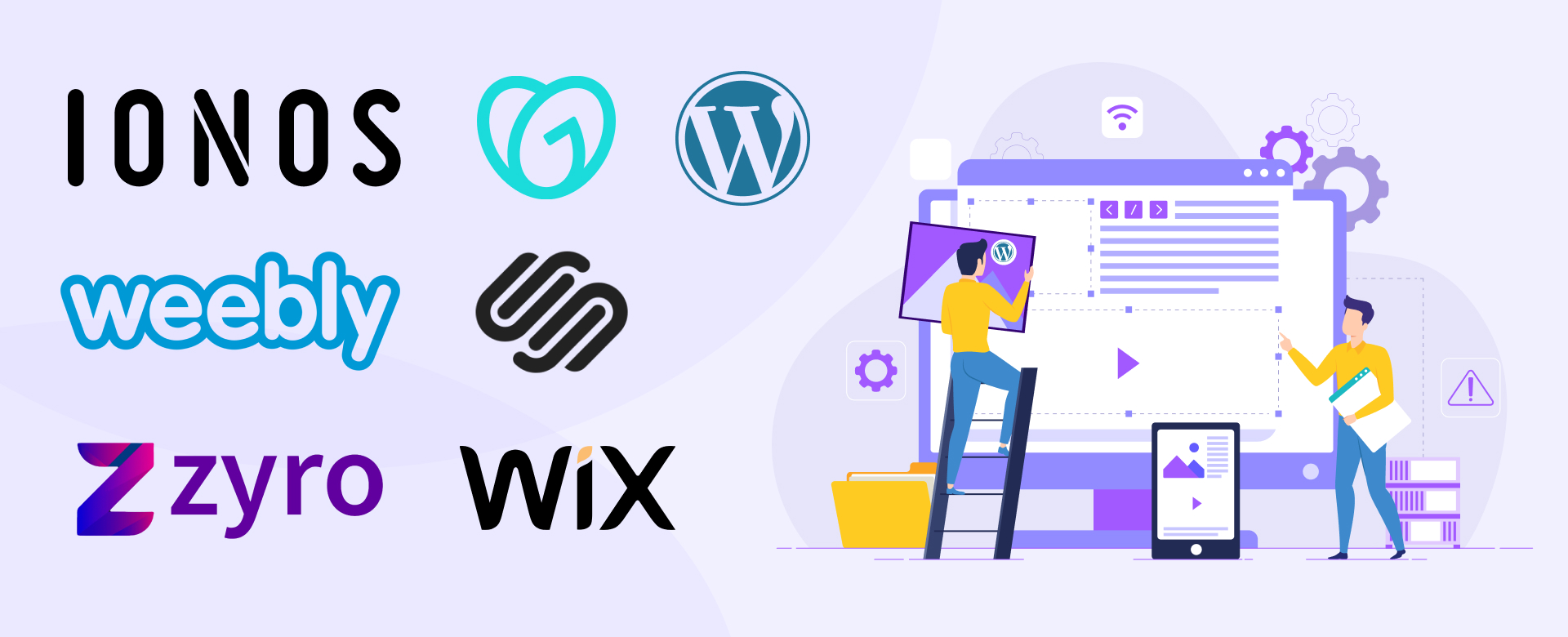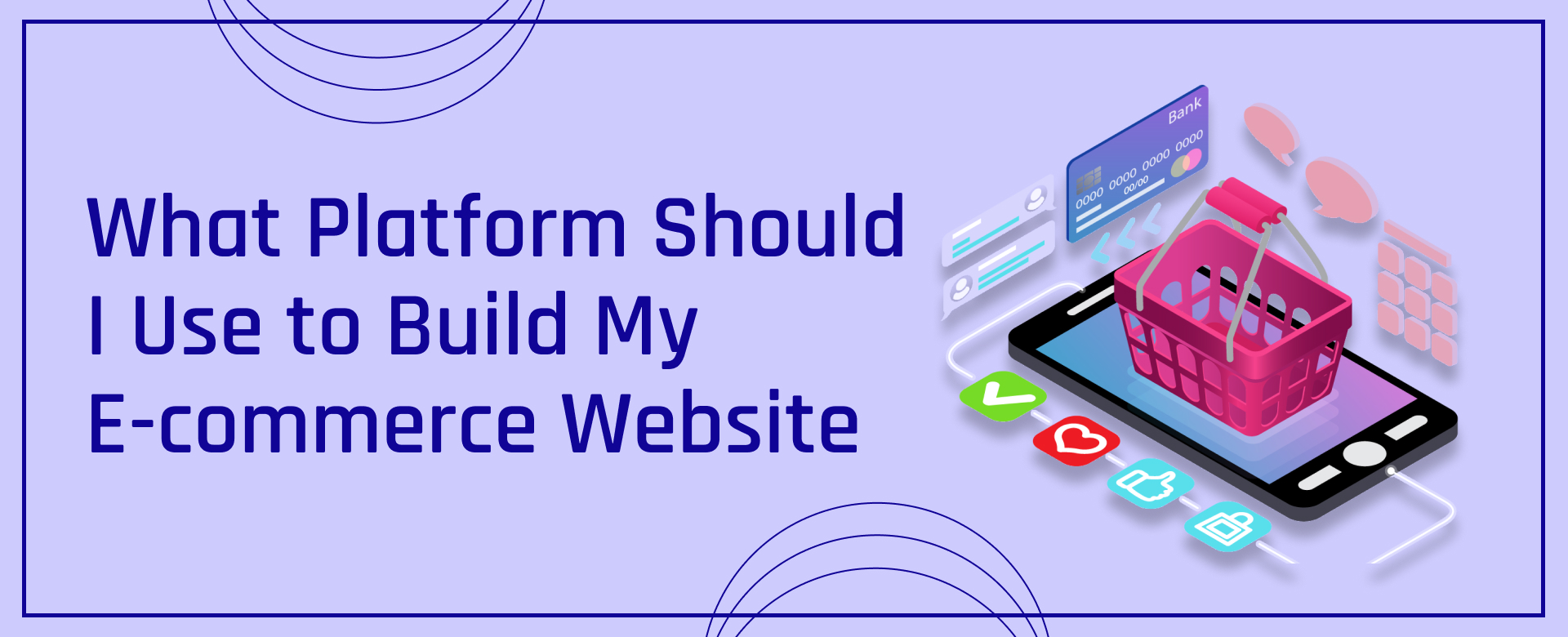
7 Cheapest Website Builders in 2024: Affordable Solutions for Stunning Sites

When it comes to building a website in 2024, you don’t need to break the bank. Whether you’re a small business, an aspiring blogger, or a web design agency looking for budget-friendly tools, affordable website builders can offer you everything you need. The best part? You can create a professional-looking site without having to write a single line of code.
The Best Cheap Website Builders of 2024
- Wix: Best for e-commerce stores
- Weebly: Best for affordable, value-packed premium plans
- Zyro: A Hidden Gem in Website Building
- WordPress.com: The Power of WordPress at a Low Cost
- Squarespace: Premium Quality at a Reasonable Price
- GoDaddy Website Builder: Quick and Affordable
- IONOS by 1&1: The Budget King
1. Wix
Wix continues to be a popular choice for those seeking a balance between cost and customization. With its free plan and affordable premium options, Wix allows you to create a sleek website in no time. The drag-and-drop interface is user-friendly, making it a great choice for beginners. Plus, with numerous templates and an extensive app market, you can add all the bells and whistles your site needs.
Why Choose Wix?
- Free Plan: Start without spending a dime.
- Customization: Tailor your site with drag-and-drop tools.
- Templates: Choose from over 800 professionally designed options.
2. Weebly
Weebly is another excellent option if you want to keep things simple and affordable. Known for its intuitive interface and straightforward features, Weebly makes it easy to build a website quickly. It’s ideal for small businesses or personal sites. With a free plan and low-cost paid options, Weebly offers great value for those on a budget.
Why Choose Weebly?
- Ease of Use: Perfect for beginners.
- Free Plan: Start for free and upgrade as needed.
- E-commerce Features: Basic online store capabilities included.
3. Zyro
Zyro might not be as well-known as Wix or Weebly, but it offers some of the most competitive pricing on the market. It’s an ideal choice for those looking to create a website quickly and affordably. Zyro includes AI-powered tools to help with content creation and design, making the process even easier.
Why Choose Zyro?
- Budget-Friendly: One of the most affordable options available.
- AI Tools: Leverage AI to design and write content.
- Speed: Get your site up and running in minutes.
4. WordPress.com
If you’re familiar with WordPress but want a more managed solution, WordPress is a great alternative. With a variety of plans, including a free option, this allows you to create anything from a simple blog to a complex website. It’s especially appealing to those who might transition to the more customizable WordPress.org down the road.
Why Choose WordPress.com?
- Scalability: Grow your site as your needs change.
- Free Plan: Start without a financial commitment.
- Community Support: Access a large and active user community.
5. Squarespace
Squarespace is renowned for its stunning templates and top-notch design capabilities. While it’s a bit pricier than some others on this list, its features justify the cost. Squarespace is perfect for creatives, small businesses, or anyone looking to make a strong visual impact without hiring a web design agency.
Why Choose Squarespace?
- Design Quality: Industry-leading templates.
- All-In-One Platform: Includes hosting, domain, and design tools.
- E-commerce Ready: Robust online store capabilities.
6. GoDaddy Website Builder
GoDaddy, a name synonymous with domains, also offers a powerful website builder. It’s a great choice for those who need to get a website up quickly and without much fuss. With its ADI (Artificial Design Intelligence) feature, GoDaddy can build your site in minutes, tailoring it to your needs based on a few simple questions.
Why Choose GoDaddy?
- Speed: Build a site in minutes.
- Domain Integration: Easily pair with GoDaddy’s domain services.
- E-commerce Options: Simple online store setup.
7. IONOS by 1&1: The Budget King
IONOS by 1&1 might not be the flashiest name in the market, but it’s one of the most affordable website builders out there. It’s perfect for those who need a functional website on a tight budget. With a focus on business websites, IONOS offers a range of features tailored for small enterprises, including SEO tools and marketing integrations.
Why Choose IONOS by 1&1?
- Cost: Unbeatable pricing for business sites.
- Business Focus: Tools tailored for small businesses.
- Support: 24/7 customer support available.
Choosing the Right Builder for You
With so many affordable options available in 2024, the best website builder for you depends on your specific needs. Whether you’re looking for top-notch design, ease of use, or robust e-commerce capabilities, there’s something on this list for everyone. Remember, investing a little time in researching the right tool can save you money and make the process of building your site much more enjoyable.
If you’re still unsure, consider starting with a free plan to test the waters. As your website grows, you can always upgrade to a premium plan that suits your expanding needs.














